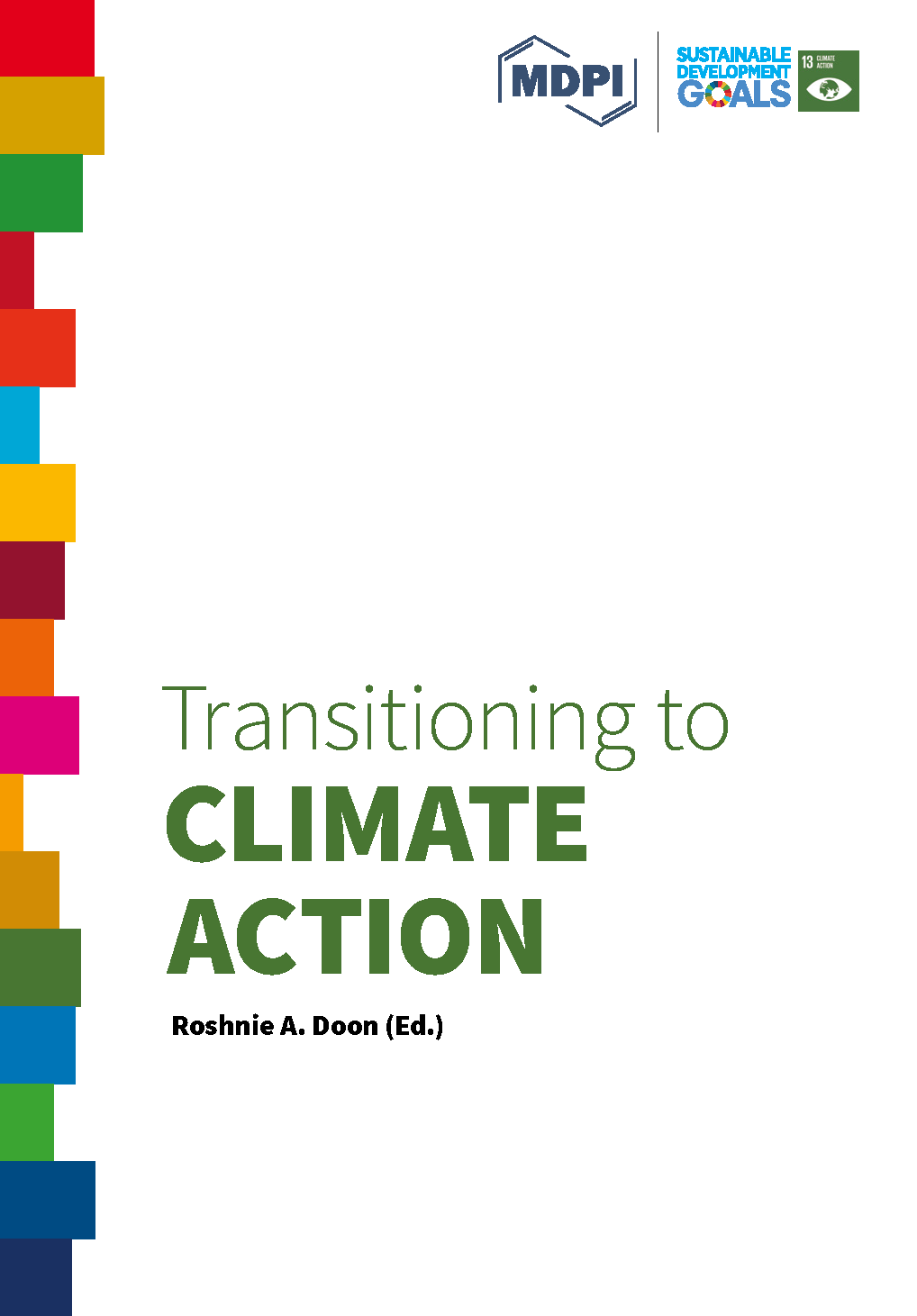Climate Change-Induced Gender-Based Violence (GBV) Against Men and Boys in the Caribbean
The phenomenon of gender-based violence (GBV) is often synonymous with the violation of human rights and gender inequality. In the Caribbean, as in other parts of the world, GBV can manifest itself in either physical, sexual, psychological, or economic forms. The GBV literature often portrays persons experiencing such abuse as women and girls, and the perpetrators as men and boys. However, male victims who experience GBV often experience similar types of abuse to women and girls, but their reasons for staying in their abusive relationship tend to vary. These reasons span a wide spectrum from societal and cultural norms to the potential stigma attached to being a male victim, which in the context of climate change events often serves to marginalize male victims. Given that the Caribbean is particularly vulnerable to climate change events, this chapter aims to explore the presence of climate change-induced GBV against men and boys in the Caribbean. Using a conceptual research methodology, this chapter will examine not only the link between the two areas but also the role that climate change plays in worsening GBV against men and boys in the Caribbean, as well as barriers and solutions to addressing such violence during climate change events.
